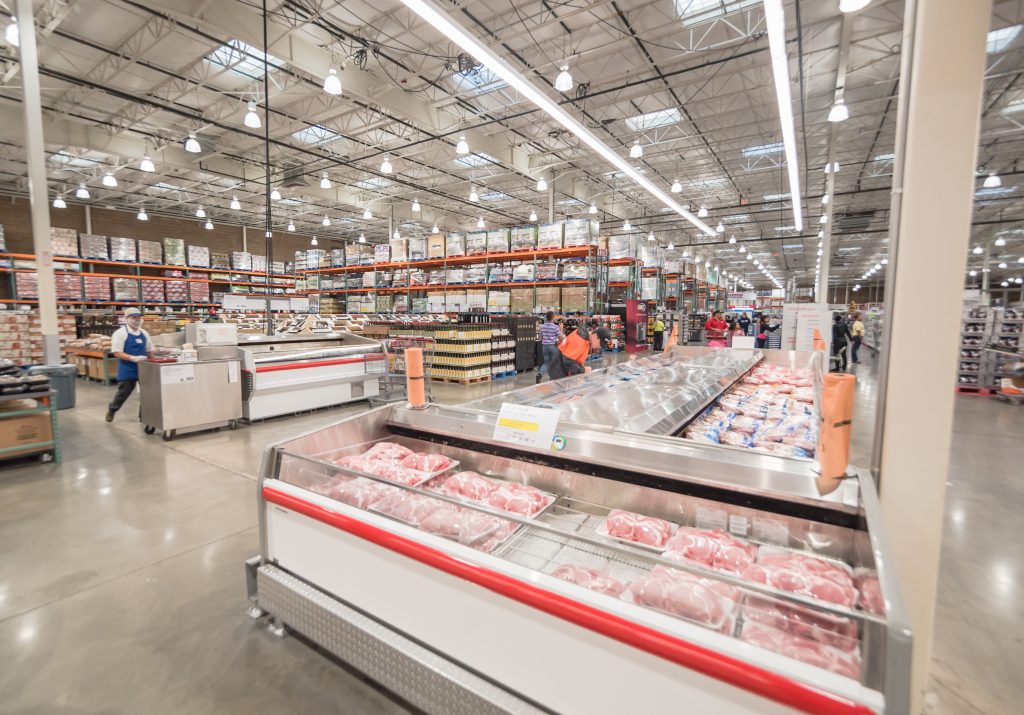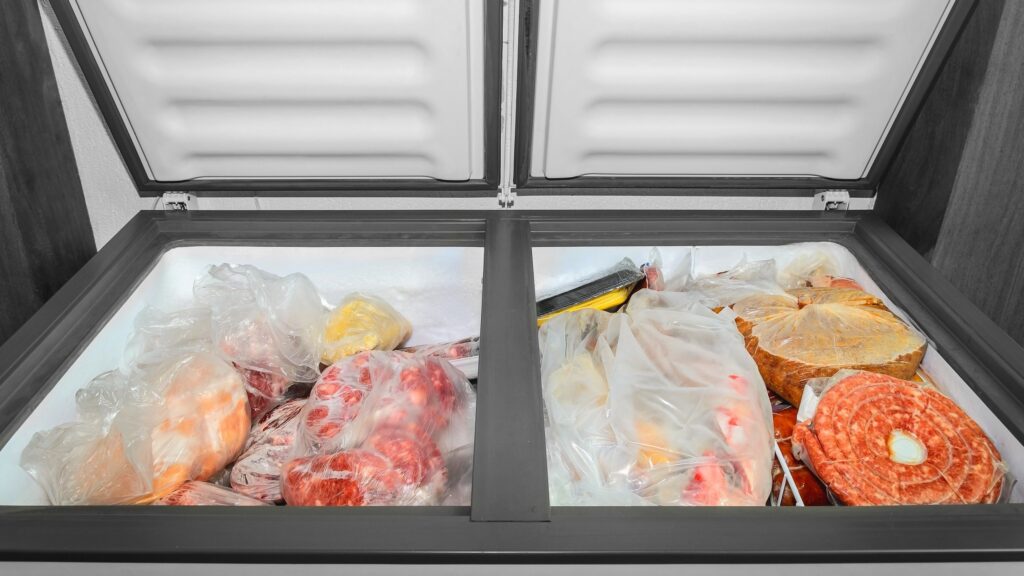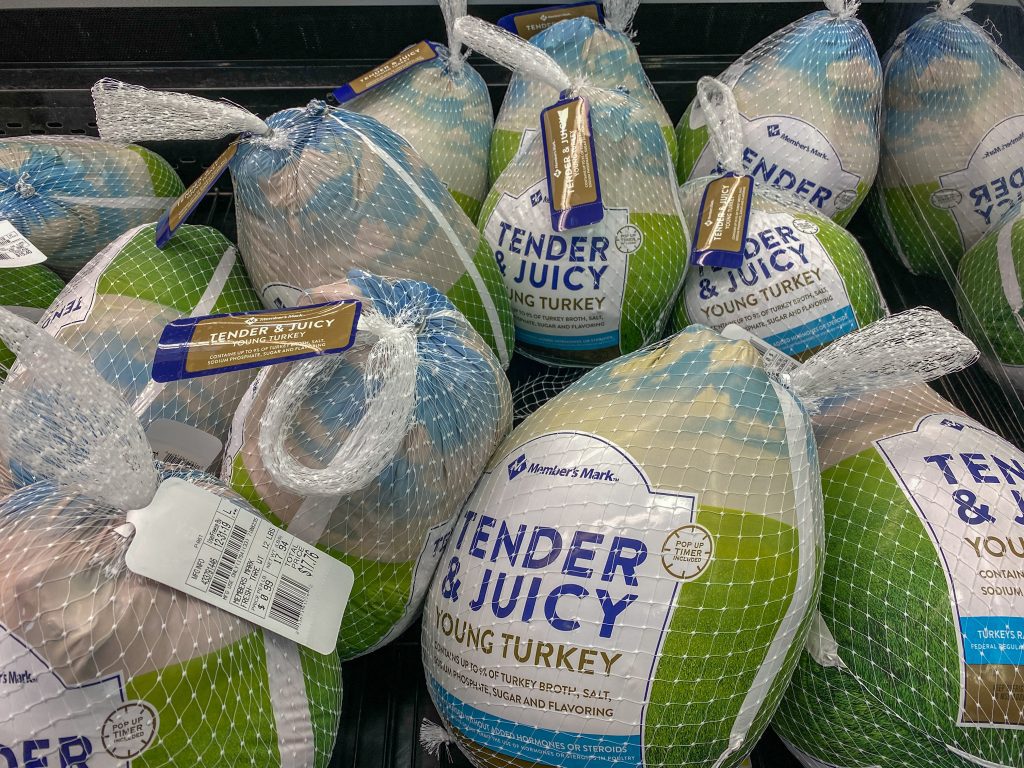According to the U.S. Department of Agriculture, consumers spent around 8.6% of their income on food in 2020. In addition, the USDA predicts that the amount people spend on eating at home will increase between 3-4% in 2022, exceeding historical averages and the inflation rate in 2021.
Inflation has already hit consumers’ food budgets hard in 2022, and meat, poultry, fish and eggs are some of the goods that have become among the priciest at the grocery store.
Even before inflation, meat was one of the priciest items on many shopping lists. For many families, it is the focus of their meals. But, while there are many delicious vegetarian meals you can add to your meal rotation, you don’t have to give up meat altogether to save money.
There are several ways to stock up on hearty, savory meats while sticking to your food budget. The following tips can help you save money at the grocery store without sacrificing satisfying meals.
1. Shop Local
Small, local meat markets often sell packages with various meats at a discount. If you have farms or ranches nearby and room for storage, consider buying a quarter, half or whole animal directly from the farm. Your local farmers’ markets are an excellent place to look for a source.
2. Buy Big
Buying meat in bulk from a grocery store or warehouse store can reduce costs. Break up packs into single meal servings and store them in your freezer. Obtaining bigger cuts of meat, such as a pork loin or whole chicken, and cutting them into servings yourself can result in savings.
3. Invest In A Freezer
Many stand-alone deep freezers are affordable and can pay for themselves in just a few months. Stocking up during sales or buying more at one time will help your freezer stay full so you consistently have meat on hand.
4. Master New Cooking Techniques
Many people shy away from cheaper cuts of meat because they tend to be tougher. Using methods such as marinating, braising, tenderizing, brining and slow cooking can give you delicious meat dishes at a fraction of the price.
5. Befriend The Butcher
Whether you shop at a local market or a grocery store chain, getting to know the people who work in the meat department can help you save money. They can help you pick out cuts of meat that fit your menu and your budget, let you know when markdowns are available, and cut, debone or grind meat for you.
6. Use Rebate Apps
Rebate apps can help you stay within your grocery budget. Apps like Ibotta, Checkout 51 and Receipt Hog provide cashback on many staple items, including meat. Find out if your grocery store has its own app, which could net you even more savings.
7. Stock Up On Seasonal Deals
Certain types of meat go on sale at various times of the year. For instance, turkeys are often inexpensive just before and shortly after Thanksgiving. Whole hams are affordable around Easter. Buying at strategic times and freezing meat to use later can stretch your budget.
8. Visit Ethnic Shops
Check out your neighborhood ethnic grocery stores. These markets often have excellent prices on meat. They also may have cuts and items you won’t find at larger stores. While there, look for low prices on spices, pantry items and specialty ingredients.
9. Check The Freezer Section
Don’t overlook frozen meat and seafood when shopping. From prepared items, such as meatballs or breaded fish to flash-frozen chicken breasts, hamburger patties or salmon fillets, frozen foods are often budget-friendly.
10. Stretch It Out
You can make the meat you have go further and save even more. Pound steaks, chicken breasts and pork chops to make them thinner and cut into more servings. Add filler such as breadcrumbs, lentils or shredded vegetables to ground meat. Make casseroles, stews or other dishes that include lots of tasty ingredients to use less meat — you won’t even miss it.
With some creativity, planning and a little know-how, you can spend less on meat without giving up flavor.


















